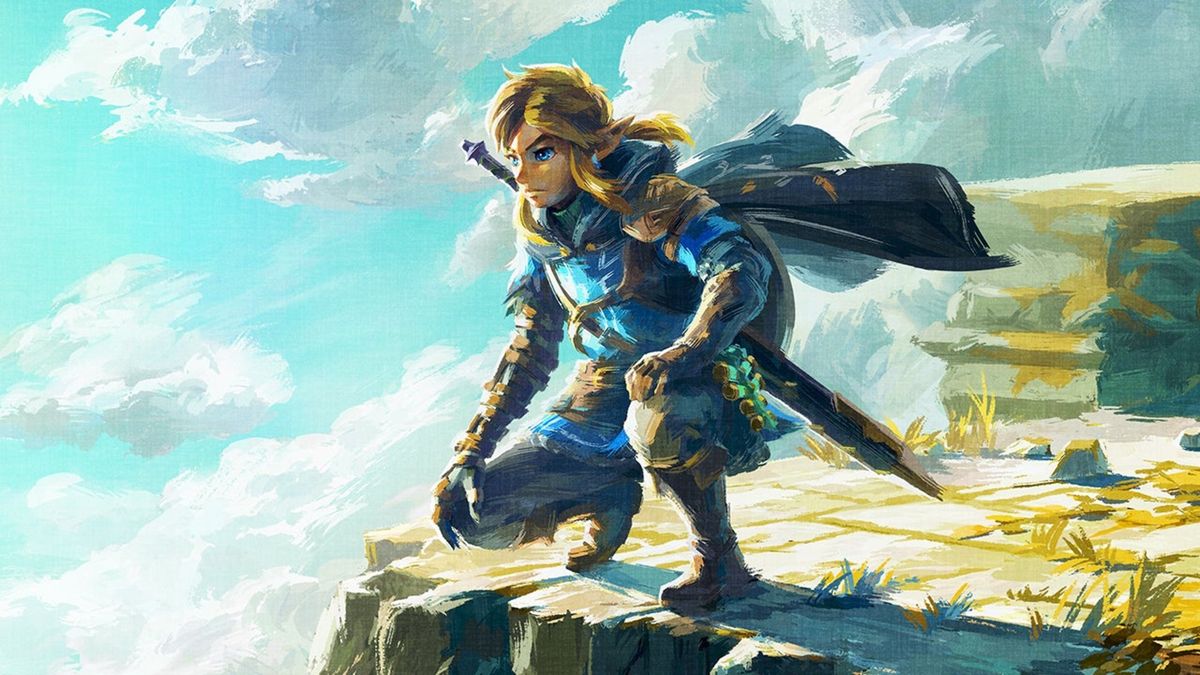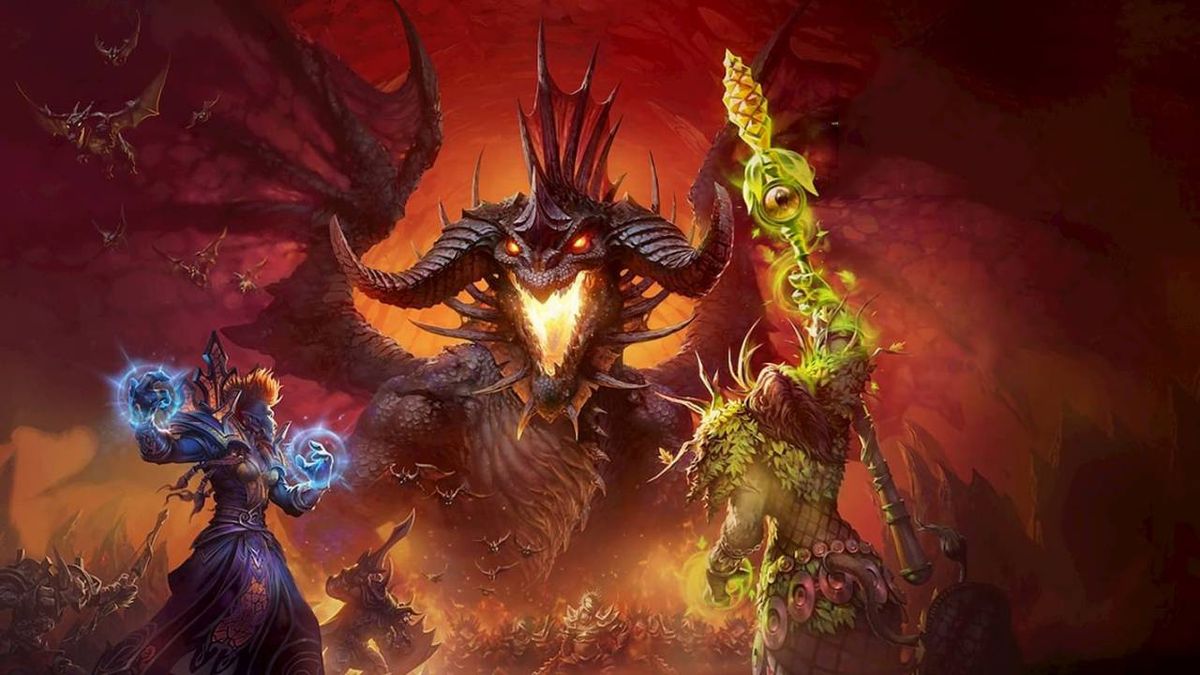On October 8, 2021, Nintendo Switch emulator Yuzu tweeted what would’ve been a perfect “back of the box” summary of the just-released Metroid Dread:
Playable Day 1Unlimited Dynamic FPSAccessible control options
“Experience the Dread smoother, faster, and on your PC,” the tweet read. “Playable in the latest Yuzu release now!”
It was bold. Here was a Metroid game that had been gestating at Nintendo for more than 15 years, and on the day it came out, a fan-made emulator was promising an unlocked framerate and customizable control options—two bullet points the native Switch version of the game couldn’t brag about on its own. Just a month later, another Switch emulator, Ryujinx, tweeted something similar about Atlus’s Switch-exclusive Shin Megami Tensei 5, highlighting that it could run on day one at a smooth 60 fps (it sure didn’t on the console). Four years into the Switch’s life, emulation had progressed so rapidly that it could often offer a better experience than the aging handheld with no wait at all.
These two promotional tweets were modestly popular, pulling in 228 and 136 retweets, respectively. But just imagine the response if they’d been about The Legend of Zelda: Tears of the Kingdom.
It’s possible that in just a few weeks, we’ll see how the gaming community reacts to the most-anticipated Nintendo game in years being playable in an emulator the day it comes out. The “emulati,” in this case, are the lead developers of Yuzu and Ryujinx, whose open source emulators are both barreling ahead, undaunted by the recent heat from Nintendo that caused a prominent Zelda YouTuber to pull his Breath of the Wild mod from download.
“We anticipate that there will be significant attention on Switch emulation in the lead up to the TotK release. However, we are not concerned as emulating the Switch is completely legal and we have successfully navigated many high-profile Nintendo releases in the past,” says Bunnei, the lead developer of Yuzu.
I asked Bunnei what the odds are of Tears of the Kingdom, like Metroid Dread, being playable immediately, or at least soon after launch.
“We can only speculate here,” he says. “Yuzu continues to mature, and we’ve had good success with running recent Switch releases on or shortly after launch. If TotK doesn’t deviate too much from BotW, it’s possible that we may not encounter any significant issues. However, with some recent titles such as Pokémon and Xenoblade, it took us some time to work out major issues, and thus, we cannot be certain about TotK until it’s released.”
Above: The Steam Deck can’t run Breath of the Wild on Switch at 30 fps… yet.
I’ll admit a tiny part of me was hoping for a wildly confident “100%”, but a nuanced we’ll see is the practical answer—heck, it’s a toss-up whether native PC games are even going to work properly on day one. Emulation poses greater bugfixing challenges, because these volunteer developers are trying to replicate how an entire system performs. Console developers, meanwhile, notoriously find clever ways to squeeze the most performance out of their hardware, and figuring out those tricks is a big part of improving emulator compatibility. Bunnei was able to elaborate on what kind of obstacles they’ll likely face when Tears of the Kingdom hits.
2017’s Breath of the Wild wasn’t particularly optimized for the Switch’s Nvidia GPU, which makes sense—it spent most of its life in development for the Wii U. Nintendo’s optimization and engine changes are the big unknowns here. “Trailers for TotK have showcased new physics interactions that may pose a challenge for emulation, as similar mechanics were difficult to emulate in the early days of Yuzu with BotW,” he says. “Although the team does not expect it, there is always the possibility that TotK could use Denuvo anti-emulation software, which could present unexpected obstacles.”
Denuvo brought a DRM solution to the Switch last year, specifically targeting emulation, though Nintendo was not involved in that effort. Denuvo has not publicized its use in any Switch games so far.
Ryujinx developer gdkchan points out that some other Nintendo games have made significant technical changes that weren’t obvious from the trailers. “Pokémon started using transform feedback on Pokémon Legends Arceus, something that Sword/Shield didn’t,” he says. That was a problem—AMD’s Vulkan driver didn’t properly handle that graphical feature “which made the characters not render.” AMD later fixed the issue, but it’s possible Tears of the Kingdom could run into something similar the emulator developers can’t quickly fix themselves.
I asked the developers behind both Yuzu and Ryujinx if they planned to put a special emphasis on Tears of the Kingdom when it arrives, and in both cases the answer is yes. But how do you focus on getting one game to run particularly well without sacrificing broader accuracy? In some cases, that’s the difference between fixing a bug and implementing a hack.
“When we talk about hacks, what most people would think of is the several options that some emulator offers to enable or disable the accurate emulation of some hardware features,” says gdkchan. “Emulating them has a cost, and not all games will require the feature to function correctly, so disabling it on the games that don’t need it can bring some performance improvement. This does create the annoyance that you need to fiddle with settings to find what works best for each game, and in some cases, it may not be immediately obvious that something is broken.”
gdkchan also points to the shortcuts some emulators have had to take to function at all. Early Super Nintendo emulator devs couldn’t determine exactly how fast the system’s processors ran, so they just ran them as fast as possible, and the incorrect timings would throw off some games. “The benefit of accurate emulation is that everything ‘just works.’ There’s no risk of something breaking because a game decided to pull some tricks using specific and potentially undocumented hardware behavior, or something that other games don’t usually do. For this reason, we don’t plan to add hacks in the future, be it toggle-able or not.”
Different emulators are built with different philosophies, something you can see in the settings menus of Yuzu and Ryujinx. “Hack” doesn’t have to be a pejorative—Yuzu offers more options to fiddle with, and some could help a game run at a playable framerate in the emulator, though that approach adds complexity and opportunities for more things to break (ah, PC gaming!). We have hacks to thank for Breath of the Wild running at 60 fps in Cemu for years.
Because Ryujinx and Yuzu are emulating a currently available system, there’s also incentive—and pressure—to focus on the performance of a hot new game. Emulation’s goal of preserving full compatibility is a years- or decades-long process; it makes sense to go where the audience’s interest is in the short term. But it’s hard to ignore that money now directly plays some part in that decision. Back in April 2017, Nintendo Wii U emulator Cemu earned $40,000 on Patreon in one month, about 10 times what it was bringing in the month before. That increase was driven entirely by fans who wanted to play Breath of the Wild on PC.
Before Cemu, emulator developers rarely took donations. Today Ryujinx and Yuzu have Patreons, which are pulling in about $2,000 and about $18,000 per month, respectively. Tears of the Kingdom will undoubtedly give both a boost, though here the two emulators differ in approach once again. Like Cemu once did, Yuzu offers Patreon backers earlier access to builds of the emulator. Ryujinx doesn’t gate early access, instead using the Patreon to fund goals like a texture-replacement feature that will benefit everyone.
Large amounts of money add a degree of cloudiness to fan emulation, in my mind—it’s hard to argue the developers aren’t indirectly profiting from another company’s work, and the whole practice just feels a bit less noble when cash is on the table.
But… is it, actually? Legally, as far as I know they’re still in strong standing—both Connectix’s Virtual Game Station and Bleem! were for-sale commercial PlayStation emulators that Sony sued over (and lost). Once you stop assuming emulators have to be unpaid hobbies because they always have been, there’s no ethical or legal reason for emulator development to be an act of self-sacrifice. If skilled programmers can make a living creating emulators that lets us play and study games decades from now without the original hardware—well, that sounds a hell of a lot better than making Mark Zuckerberg’s stupid metaverse or whatever.
It’s possible both Yuzu and Ryujinx will repeat the trick of announcing day one compatibility with Tears of the Kingdom. More likely we’ll see an accelerated version of what happened with Cemu in 2017, with updates every few days showing breakthroughs in speed and compatibility. The next Zelda being playable—and better—on PC isn’t a matter of if. It’s just a matter of when.


